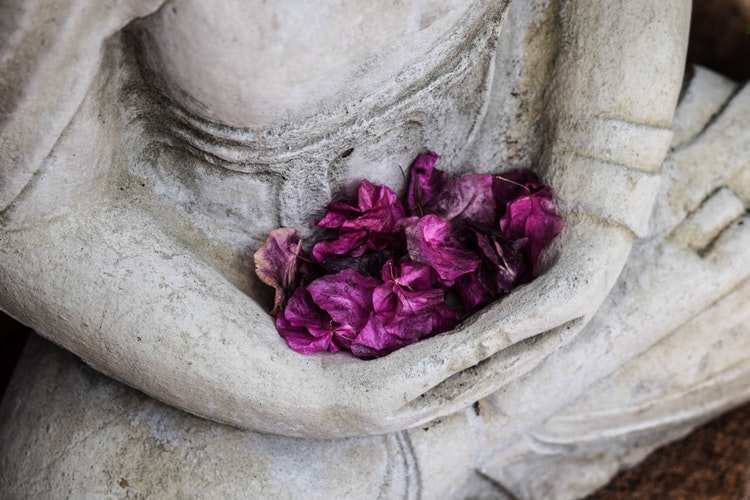The Rebel’s Silhouette
Don’t Ask Me for That Love Again
That which then was ours, my love,
don’t ask me for that love again.
The world then was gold, burnished with light—
and only because of you. That’s what I had believed.
How could one weep for sorrows other than yours?
How could one have any sorrow but the one you gave?
So what were these protests, these rumors of injustice?
A glimpse of your face was evidence of springtime.
The sky, whenever I looked, was nothing but your eyes.
If you’d fall into my arms, Fate would be helpless.
All this I’d thought, all this I’d believed.
But there were other sorrows, comforts other than love.
The rich had cast their spell on history:
dark centuries had been embroidered on brocades and silks.
Bitter threads began to unravel before me
as I went into alleys and in open markets
saw bodies plastered with ash, bathed in blood.
I saw them sold and bought, again and again.
This too deserves attention. I can’t help but look back
when I return from those alleys—what should one do?
And you are still so ravishing—what should I do?
There are other sorrows in this world,
comforts other than love.
Don’t ask me, my love, for that love again.
A Prison Evening
Each star a rung,
night comes down the spiral
staircase of the evening.
The breeze passes by so very close
as if someone just happened to speak of love.
In the courtyard,
the trees are absorbed refugees
embroidering maps of return on the sky.
On the roof,
the moon—lovingly, generously—
is turning the stars
into a dust of sheen.
From every corner, dark-green shadows,
in ripples, come towards me.
At any moment they may break over me,
like the waves of pain each time I remember
this separation from my lover.
This thought keeps consoling me:
though tyrants may command that lamps be smashed
in rooms where lovers are destined to meet,
they cannot snuff out the moon, so today,
nor tomorrow, no tyranny will succeed,
no poison of torture make me bitter,
if just one evening in prison
can be so strangely sweet,
if just one moment anywhere on this earth.
Be Near Me
You who demolish me, you whom I love,
be near me. Remain near me when evening,
drunk on the blood of skies,
becomes night, in its one hand
a perfumed balm, in the other
a sword sheathed in the diamond of stars.
Be near me when night laments or sings,
or when it begins to dance,
its steel-blue anklets ringing with grief.
Be here when longings, long submerged
in the heart’s waters, resurface
and everyone begins to look:
Where is the assassin? In whose sleeve
is hidden the redeeming knife?
And when wine, as it is poured, is the sobbing
of children whom nothing will console—
when nothing holds,
when nothing is:
at that dark hour when night mourns,
be near me, my destroyer, my lover me,
be near me.






